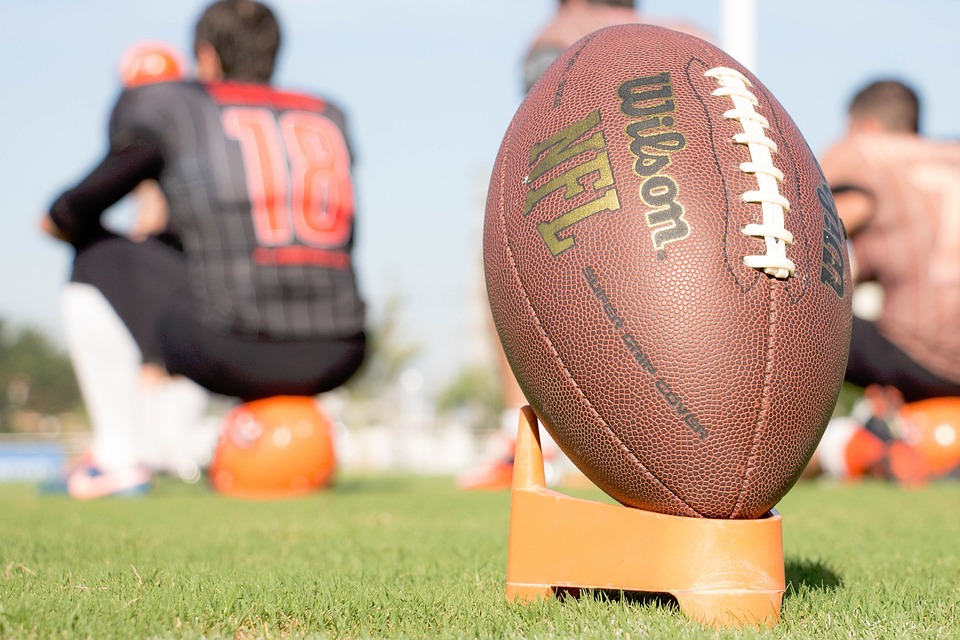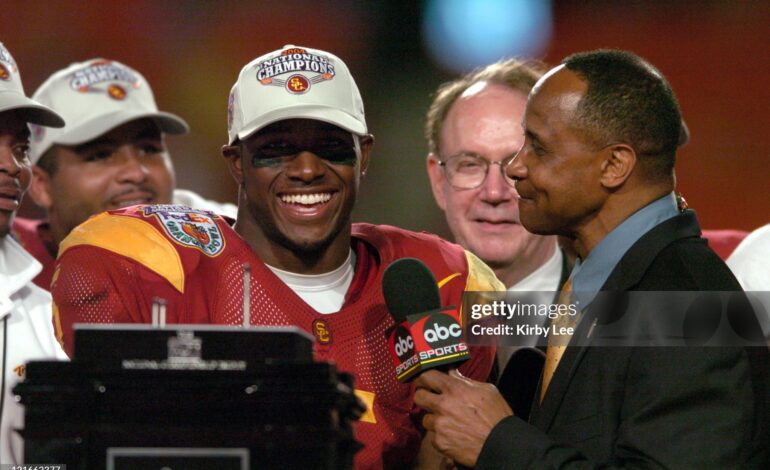
Does the NFL have a weight problem? Those of a certain age will remember the hype around Chicago’s William ‘The Refrigerator’ Perry. 1985’s defenses were stunned as the 380-lb tackle was shifted to offense and ambled through opponents on the Bears’ way to the Super Bowl. These days, Fridge wouldn’t be such an outlier, and those who watch football will be familiar with big players in top-performing sides.
As sports have become more specialized, ‘ideal body types’ have become almost a mantra for coaches. It’s widely rumored NBA star Kevin Durant is seven feet tall. However, KD has always listed his height as 6’10 – worried (likely correctly) that at seven feet he’d have been defaulted to playing center, which would have been a waste (absolutely correctly) of his skillset. Weight-wise, this primarily affects linemen. One way of protecting the quarterback is simply being bigger than the guy trying to get to him. Many of the 2020 first-round draft picks came in at over 300 lbs. Louisville tackle Mekhi Becton added 364 lbs to the New York Jets’ o-line.
The average NFL career is four years. Nobody wants to walk around over 300lbs for the next 40-60 years. So how do elite players return to a ‘normal’ body when football’s finished?
Calories In, Calories Out
Most players find that as they’re no longer doing the grueling training required to maintain a spot on an NFL roster, the amount of energy they expend is naturally less. Former Carolina Panther Jordan Gross explained to ESPN, “If I was doing two-a-days, in the summer in South Carolina, going up against Julius Peppers, I was for sure burning 10,000 calories”. For all of us, it’s important to calculate calorie intake vs actual requirements for our schedule.
That’s doubly so when your circumstances mean it’s 99.9% inevitable that your activity rate will drop, in the case of pro athletes. However, this doesn’t mean a crash diet. A healthy weight loss program will encourage balanced eating with foods you enjoy and those that are healthy. Many NFL players enjoy junk food during the offseason but can adjust their diet while playing, such as Geoff Schwartz, who eats almost no carbs and sugar during the season. He’s partial to pizza and fried rice when he’s not playing. A balanced diet would allow elements of the latter, but healthier options and perhaps smaller portions. However, Russell Okung‘s weight loss regime perhaps shouldn’t have been followed – he went on a strict diet of water for 40 days. That’s a bit too extreme.
Training In The NFL
Not many of us would want to go up against Julius Peppers unless we were being paid to. Retired players are no different. Super Bowl champion Baltimore lineman Marshal Yanda lost a staggering 45 lbs in the two months post-retirement. He has maintained his weight at a healthy 245 – 68 lbs down on his playing weight of 312 lbs. No longer having to build and maintain massive muscles, his training regimen now mostly consists of 45-minute sessions on a stationary bike.
Other players have reported taking up sports like water skiing and enjoying things they wouldn’t have been able to do while so heavy. A key to shifting weight is ensuring calorie deficiency. When they’re playing, footballers can burn a lot of calories, and to maintain weight, they also consume a lot. After finishing, they still have to find methods of burning those calories, such as Philip Rivers, who became a football coach, meaning he was still physically exercising.
Support Network
You may remember Pro Bowler and current ESPN analyst Damien Woody appearing on The Biggest Loser in 2014. Kicking off at 388lbs, he was eliminated in week 12, having shrunk 92lbs. What wasn’t spotlighted until more recently was he put most of it back on. In 2019, he’d had enough. He converted his basement into a gym and enlisted his wife and kids to do meal prep for the whole family on Sundays. He shed 50lbs in the first three months of his new routine. Weight loss for men is more effective with a good support system. So having a partner, or indeed, peers to lean on is a major advantage.
The NFLPA has also taken note and now runs a program for retired players. Anyone with a BMI over 35 at their thrice-yearly health screening is invited to join. So far, over 50 retired pros have taken part.
Retiring from pro football doesn’t simply mean no more guts and no more glory. For many, it’s a change from being in a rigidly disciplined environment where coaches, nutritionists, and medics dictate your every move and every meal to being out on your own. What used to work may no longer be. Habits sometimes have to change. There’s a long life after the game, and Gross, Yanda, and Woody are determined to enjoy it to the fullest.
Make sure to visit Belly Up Sports for more NFL content!
Featured Image: Bill Smith/Getty Images









